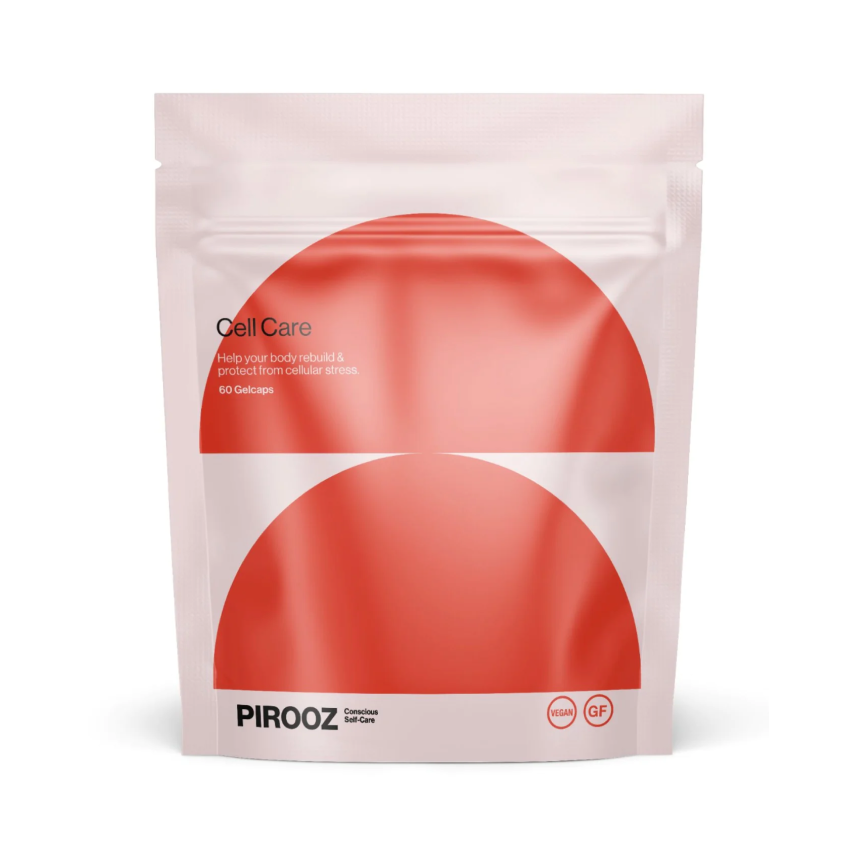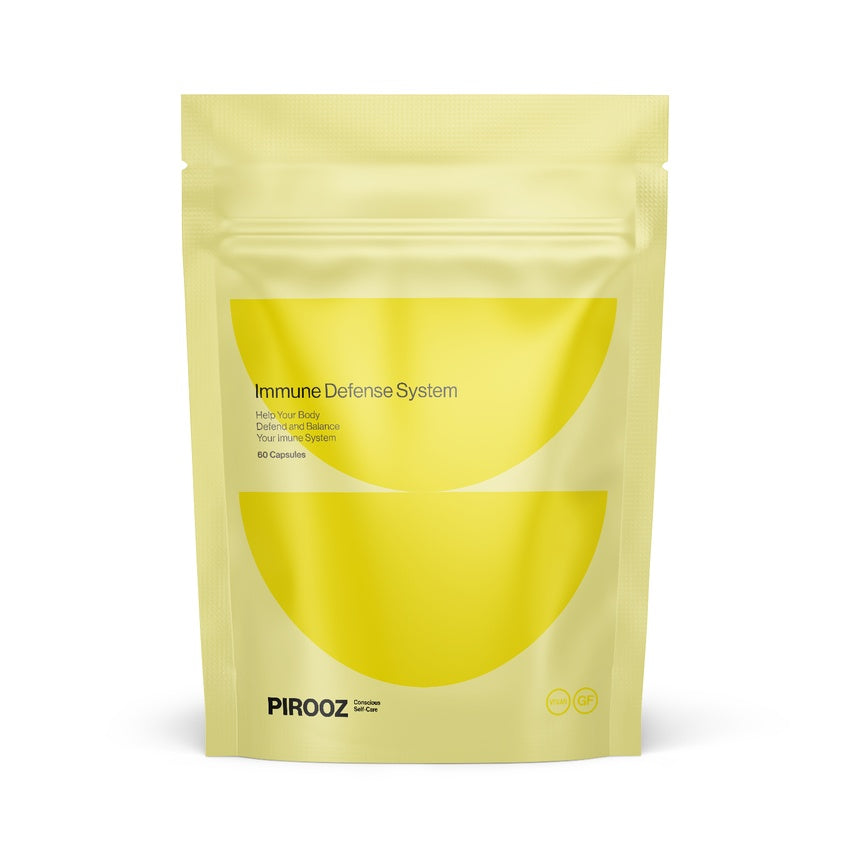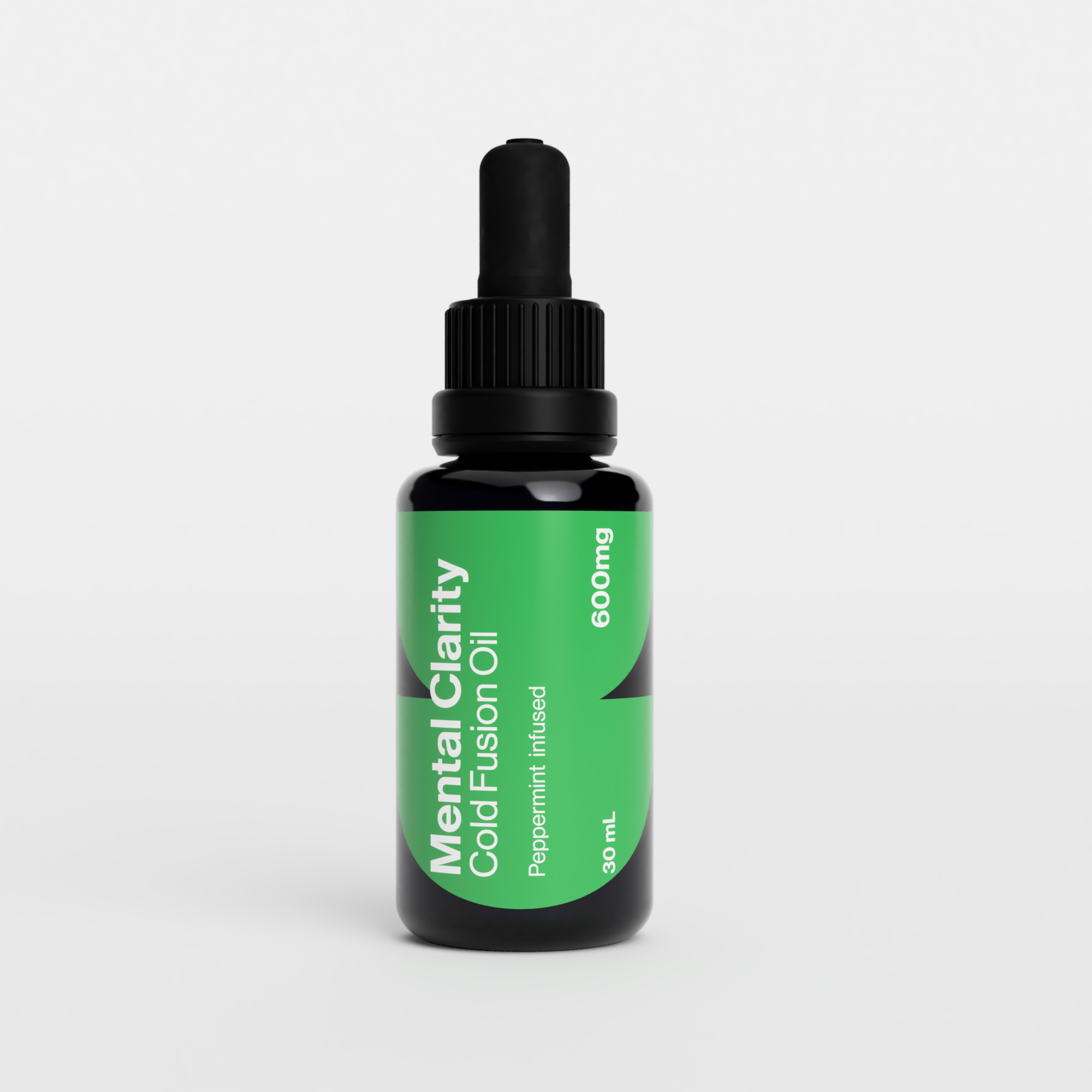- providing the necessary nutrients,
- protecting them from environmental stressors,
- and
- promoting optimal functioning through various lifestyle modifications.
The Importance of Cellular Health
Cells perform many functions necessary for life, including energy production, nutrient absorption, and waste elimination. Healthy cells are vital for tissue repair, immune function, and overall bodily maintenance. When damaged or dysfunctional, cells can lead to various health issues, from chronic diseases to accelerated ageing.Critical Factors Affecting Cellular Health
Oxidative Stress
Oxidative stress occurs when the body's free radicals and antioxidants are imbalanced. Free radicals are unstable molecules that can damage cells, leading to inflammation and disease. Antioxidants neutralize free radicals, preventing cell damage. Chronic oxidative stress is linked to various diseases, including cancer, diabetes, and cardiovascular disease (Halliwell & Gutteridge, 2015).Mitochondrial Function
Mitochondria are the cell's powerhouses, generating energy through ATP. Dysfunctional mitochondria can reduce energy production and increase oxidative stress, contributing to chronic diseases and ageing (Wallace, 2005).Inflammation
Inflammation is a natural immune response to injury or infection. However, chronic inflammation can damage cells and contribute to diseases such as arthritis, heart disease, and Alzheimer's. Maintaining a healthy inflammatory response is crucial for cellular health (Ridker, 2003).Nutrient Deficiencies
Cells require a range of nutrients to function optimally. Deficiencies in vitamins, minerals, and other essential nutrients can impair cellular function and lead to health problems. Ensuring adequate nutrient intake is vital for maintaining cellular health (Trumbo et al., 2001).Strategies for Optimizing Cellular Health
Antioxidant-Rich Diet
A diet rich in antioxidants can help reduce oxidative stress and protect cells from damage. Foods such as berries, nuts, and green leafy vegetables are antioxidants and can support cellular health (Blomhoff et al., 2006). Anti-Inflammatory Foods Incorporating anti-inflammatory foods into your diet can help maintain a healthy inflammatory response. Foods such as fatty fish, turmeric, and olive oil have anti-inflammatory properties and can support overall health (Calder, 2010).Regular Exercise
Physical activity is essential for maintaining cellular health. Exercise can improve mitochondrial function, reduce inflammation, and enhance overall well-being. Aerobic exercises such as walking, jogging, and cycling are particularly beneficial (Beavers et al., 2010).Stress Management
Chronic stress can negatively impact cellular health by increasing oxidative stress and inflammation. Practising stress management techniques such as meditation, yoga, and deep breathing can help mitigate these effects and support cellular function (Chrousos, 2009).Adequate Sleep
Sleep is crucial for cellular repair and regeneration. During sleep, the body undergoes processes that help repair damaged cells and remove toxins. Ensuring adequate sleep can significantly enhance cellular health (Walker, 2017).Hydration
Proper hydration is essential for maintaining cellular health. Water is necessary for nutrient transport, waste elimination, and maintaining cellular structure. Daily drinking water can support overall cellular function (Popkin et al., 2010).The Role of Supplements in Cellular Health
Multivitamins
Multivitamins can provide a comprehensive range of essential nutrients that support cellular health. They can help fill nutritional gaps in the diet and ensure cells receive the vitamins and minerals they need to function optimally (Bailey et al., 2013).Omega-3 Fatty Acids
Omega-3 fatty acids are known for their anti-inflammatory properties and are essential for maintaining cellular health. They are found in fish oil and can support brain function and cardiovascular health and reduce inflammation (Calder, 2010).Coenzyme Q10 (CoQ10)
CoQ10 is a powerful antioxidant that plays a crucial role in mitochondrial function. Supplementing with CoQ10 can help improve energy production, reduce oxidative stress, and support overall cellular health (Littarru & Tiano, 2007).Vitamin D
Vitamin D is essential for immune, bone health, and cellular function. Many people have insufficient vitamin D levels, and supplementation can help support overall health (Harris & Macpherson, 2006).Probiotics
Probiotics support gut health, closely linked to overall health and cellular function. A healthy gut microbiome can enhance nutrient absorption, reduce inflammation, and support the immune system (Hill et al., 2014).The Science Behind PIROOZ Cell Care
Comprehensive Nutritional Coverage
PIROOZ Cell Care is designed to provide comprehensive nutritional coverage, addressing the body's essential biological requirements. This all-in-one multivitamin offers potent antioxidants, vitamins, minerals, and other bioactive compounds that support cellular health.Superior Antioxidant Capacity
PIROOZ Cell Care is formulated to be:- 6000x stronger than Vitamin C
- 110x stronger than Vitamin E
- 560x stronger than Green Tea Catechins
- 800x stronger than CoQ10
- 3000x stronger than Resveratrol












